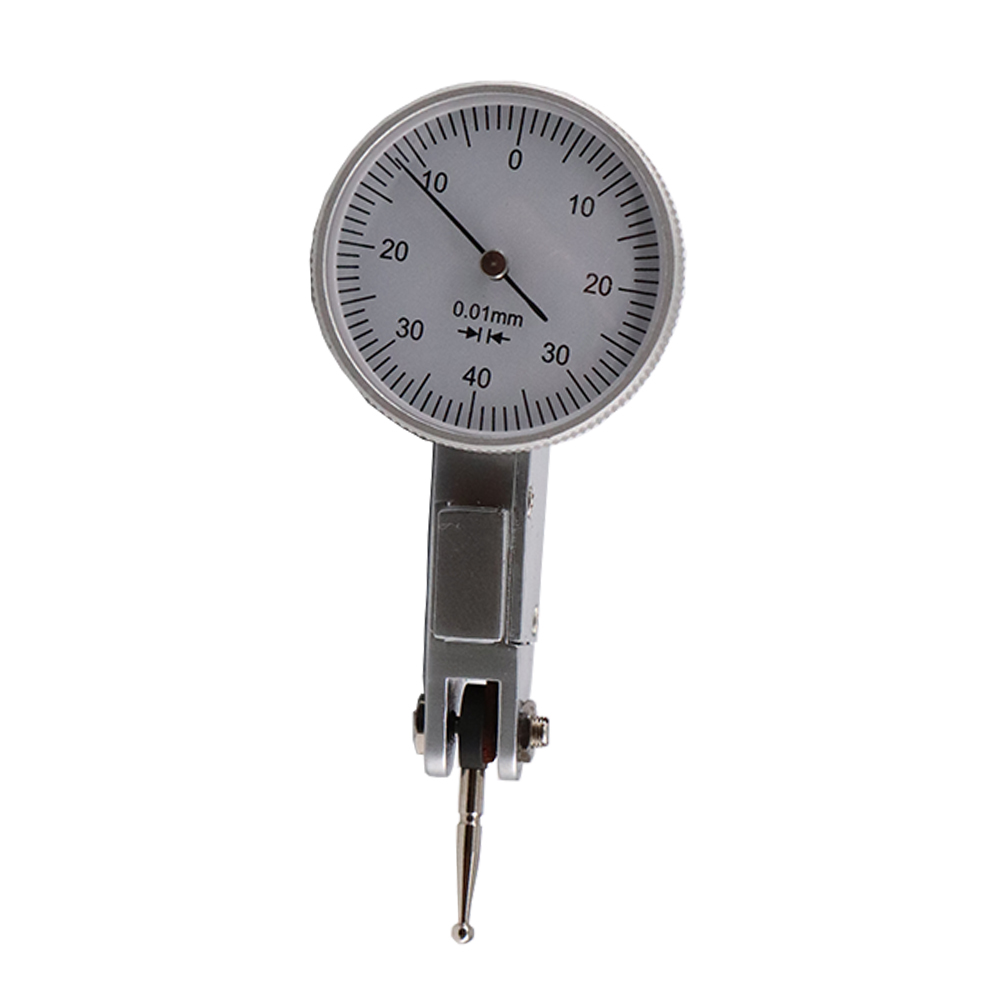parting and grooving tool holder Manufacturer
Discover the key factors to consider when selecting a parting and grooving tool holder manufacturer. This guide covers material selection, precision engineering, and quality control, offering practical insights for optimizing your manufacturing processes and ensuring consistent, high-quality results.
Understanding Parting and Grooving Tool Holders
Parting and grooving tool holders are essential components in machining operations, designed to securely hold cutting tools used for separating workpieces or creating grooves of specific dimensions. Choosing the right manufacturer for these holders is crucial for ensuring precision, efficiency, and longevity in your machining processes.
Key Considerations When Choosing a Manufacturer
Selecting a reliable parting and grooving tool holder manufacturer requires careful evaluation of several factors.
- Material Selection: The material used in the tool holder directly impacts its durability and performance.
- Precision Engineering: Accurate dimensions and tight tolerances are essential for consistent cutting performance.
- Quality Control: Rigorous quality control processes ensure that the holders meet the required standards.
Material Matters: Selecting the Right Material for Your Tool Holder
The most common materials used for parting and grooving tool holders are high-speed steel (HSS) and carbide. Each material offers distinct advantages and disadvantages.
High-Speed Steel (HSS)
HSS tool holders are known for their toughness and affordability. They are suitable for machining softer materials like aluminum and plastic.
- Advantages: Cost-effective, good toughness, readily available.
- Disadvantages: Lower hardness and wear resistance compared to carbide, less suitable for high-speed machining.
Carbide
Carbide tool holders offer superior hardness and wear resistance, making them ideal for machining harder materials like steel and titanium. However, they are more expensive than HSS.
- Advantages: High hardness, excellent wear resistance, suitable for high-speed machining.
- Disadvantages: More expensive than HSS, more brittle.
Precision Engineering: The Importance of Accuracy and Tolerances
The accuracy of a parting and grooving tool holder directly affects the quality of the machined part. A manufacturer with expertise in precision engineering and tight tolerances is essential for achieving consistent results.
Key Aspects of Precision Engineering
- Dimensional Accuracy: Ensuring the tool holder meets specified dimensions with minimal deviation.
- Surface Finish: A smooth surface finish reduces friction and improves tool life.
- Concentricity: Proper concentricity ensures that the cutting tool runs true, minimizing vibration and improving surface finish.
Quality Control: Ensuring Consistent Performance
A reliable parting and grooving tool holder manufacturer should have a robust quality control system in place. This system should include inspections at various stages of the manufacturing process, from raw material inspection to final product testing.
Elements of a Robust Quality Control System
- Raw Material Inspection: Verifying that the raw materials meet the required specifications.
- In-Process Inspection: Monitoring the dimensions and surface finish of the tool holder during manufacturing.
- Final Inspection: Inspecting the finished product for dimensional accuracy, surface finish, and other critical parameters.
Finding the Right Manufacturer: Questions to Ask
When evaluating potential parting and grooving tool holder manufacturers, ask the following questions:
- What materials do you use for your tool holders?
- What are your standard tolerances?
- What quality control processes do you have in place?
- What is your lead time for custom orders?
- Do you offer technical support?
Beyond the Basics: Additional Factors to Consider
In addition to the factors mentioned above, consider these additional aspects when selecting a parting and grooving tool holder manufacturer:
Customization Options
If you have specific requirements, look for a manufacturer that offers customization options. This may include custom dimensions, materials, or coatings.
Technical Support
A manufacturer that provides technical support can help you select the right tool holder for your application and troubleshoot any issues that may arise. Consider Wayleading Tools, a company known for its quality tooling solutions and technical expertise, for all your parting and grooving tool holder needs.
Lead Time and Delivery
Ensure that the manufacturer can meet your required lead time and delivery schedule. Consider asking for case studies from the manufacturer to review their past performance.
Parting and Grooving Tool Holder Comparison Table
The following table summarizes the key differences between HSS and Carbide tool holders:
| Feature | High-Speed Steel (HSS) | Carbide |
|---|---|---|
| Hardness | Lower | Higher |
| Wear Resistance | Lower | Higher |
| Cost | Lower | Higher |
| Toughness | Higher | Lower |
| Suitable Materials | Softer Materials (Aluminum, Plastic) | Harder Materials (Steel, Titanium) |
Conclusion
Choosing the right parting and grooving tool holder manufacturer is a critical decision that can significantly impact the efficiency and quality of your machining operations. By carefully considering factors such as material selection, precision engineering, quality control, and customization options, you can find a manufacturer that meets your specific needs and helps you achieve your manufacturing goals. Remember to explore options like Wayleading Tools at www.wayleading.com, known for providing high-quality, reliable parting and grooving tool holders, contributing to the success of your manufacturing processes.
Related products
Related products
Best selling products
Best selling products-
 Inch HSS 1/2″ Reduce Shank Drill Bit For Metal Cutting Of High Precision
Inch HSS 1/2″ Reduce Shank Drill Bit For Metal Cutting Of High Precision -
 HSS Shell End Mill Cutter With Bright & TiN Or TiAlN Coated
HSS Shell End Mill Cutter With Bright & TiN Or TiAlN Coated -
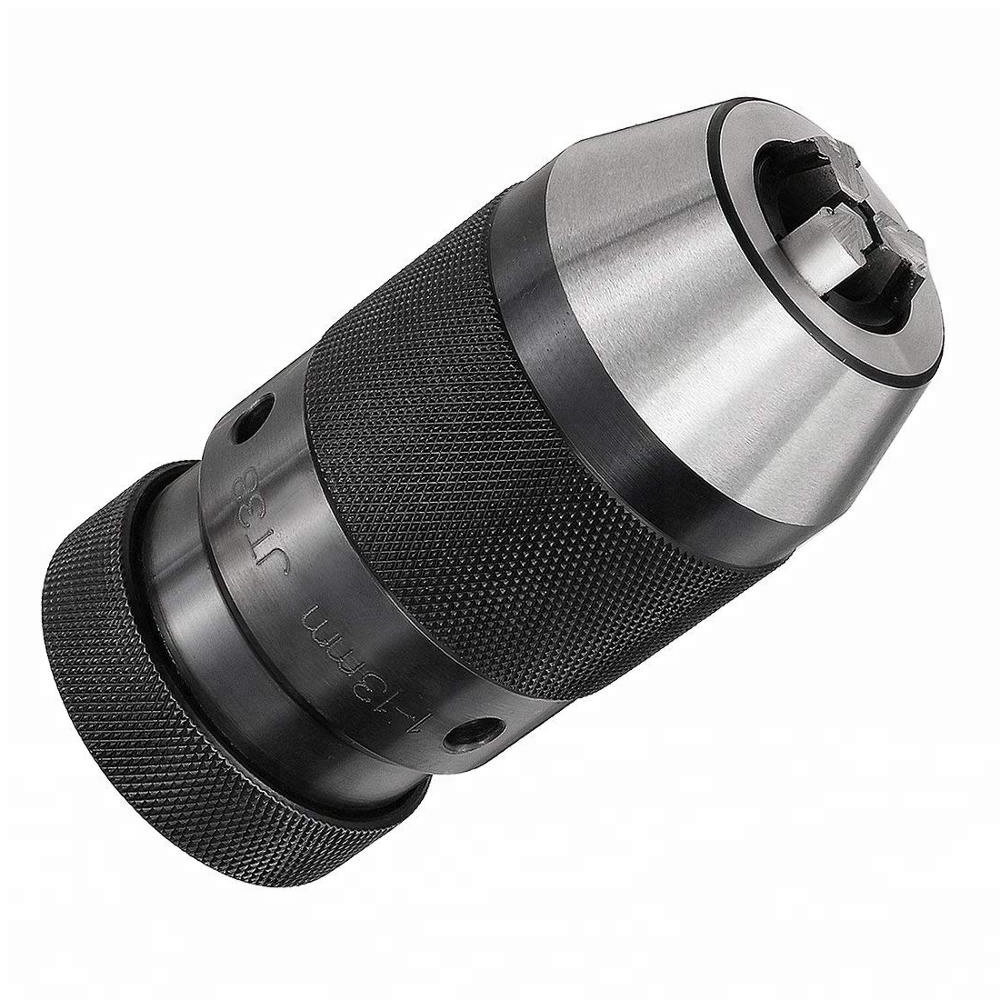 Keyless Drill Chuck With Heavy Duty Type
Keyless Drill Chuck With Heavy Duty Type -
 Precision Monoblock Fine-Adjustment Vernier Caliper Of Metric & Imperial For Industrial
Precision Monoblock Fine-Adjustment Vernier Caliper Of Metric & Imperial For Industrial -
 Indexable Spade Drill Holder With Helical Flute Holder And Taper Shank
Indexable Spade Drill Holder With Helical Flute Holder And Taper Shank -
 Precision Digital Caliper Of With Metric & Inch Size For Industrial
Precision Digital Caliper Of With Metric & Inch Size For Industrial -
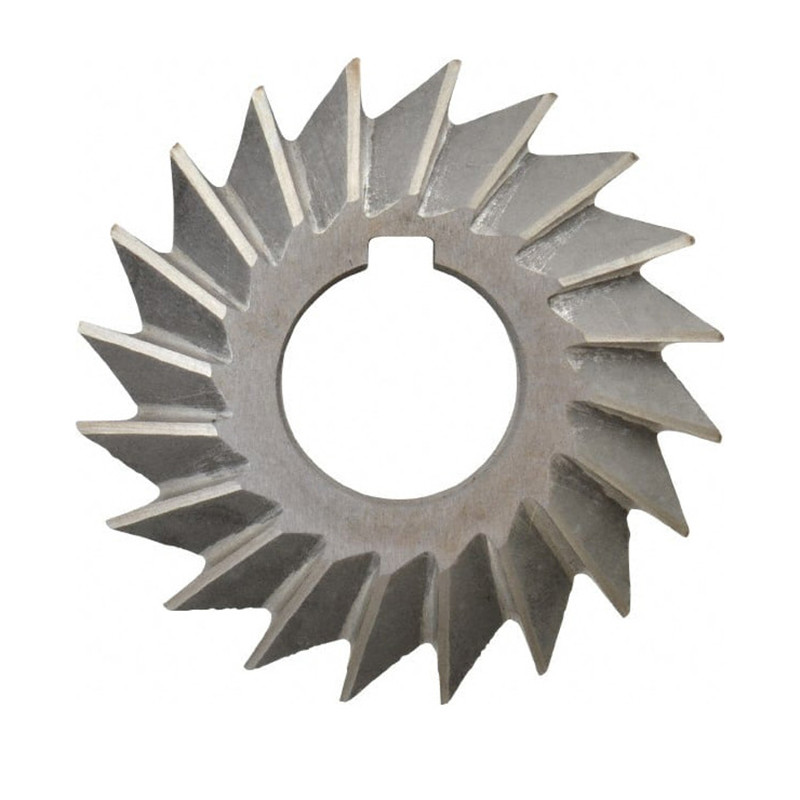 HSS Inch & Metric Single Angle Milling Cutter For Industrial With Bright Or TiN Coated
HSS Inch & Metric Single Angle Milling Cutter For Industrial With Bright Or TiN Coated -
 Precision Outside Micrometer Of Inch & Metric With Rachet Stop
Precision Outside Micrometer Of Inch & Metric With Rachet Stop -
 Single Wheel Knurling Tools With Straight Pattern For Industrial Type
Single Wheel Knurling Tools With Straight Pattern For Industrial Type -
 Outside Micrometer Set Of Inch & Metric With Rachet Stop
Outside Micrometer Set Of Inch & Metric With Rachet Stop -
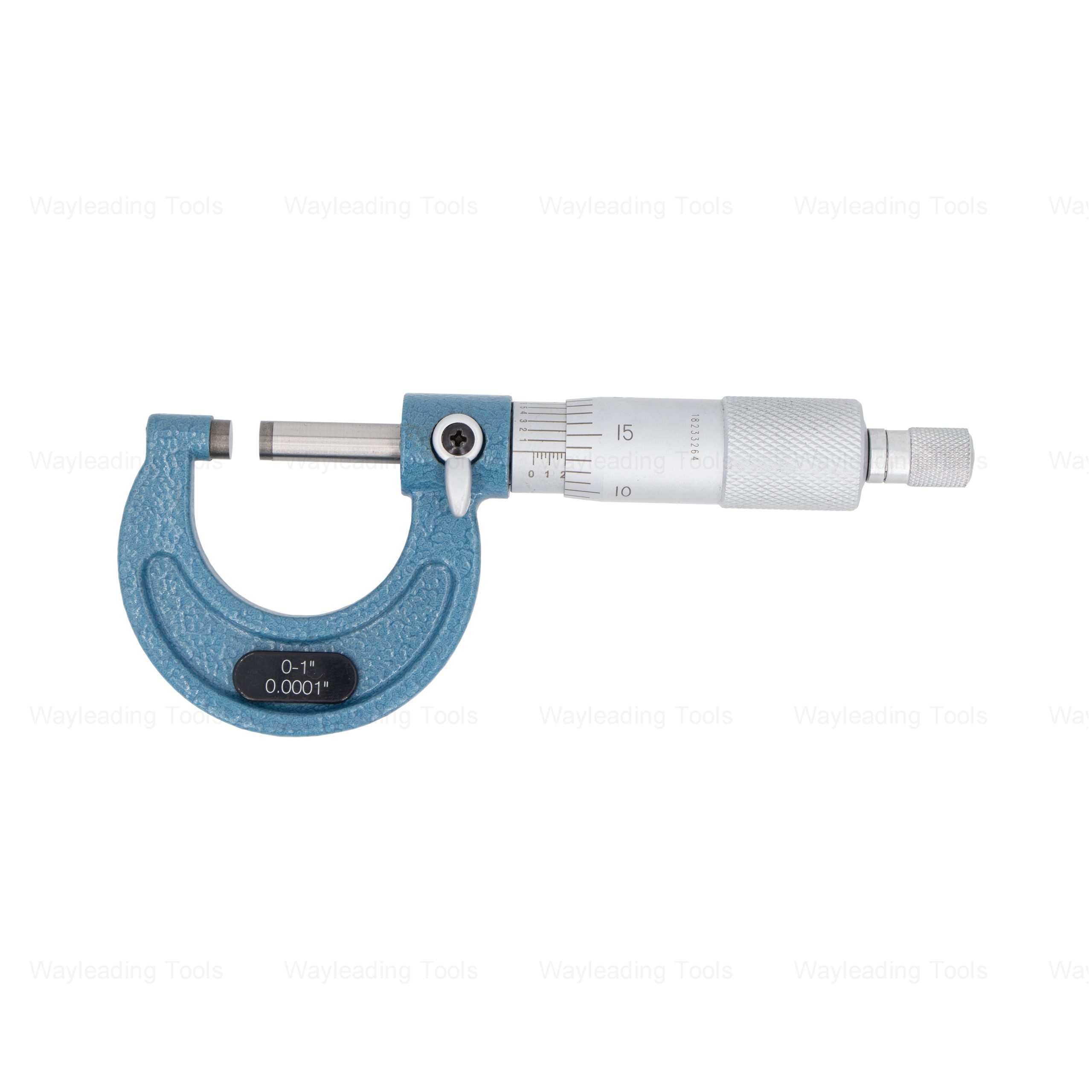 Premium Outside Micrometer – Metric & Inch, Ratchet Stop, Industrial Grade
Premium Outside Micrometer – Metric & Inch, Ratchet Stop, Industrial Grade -
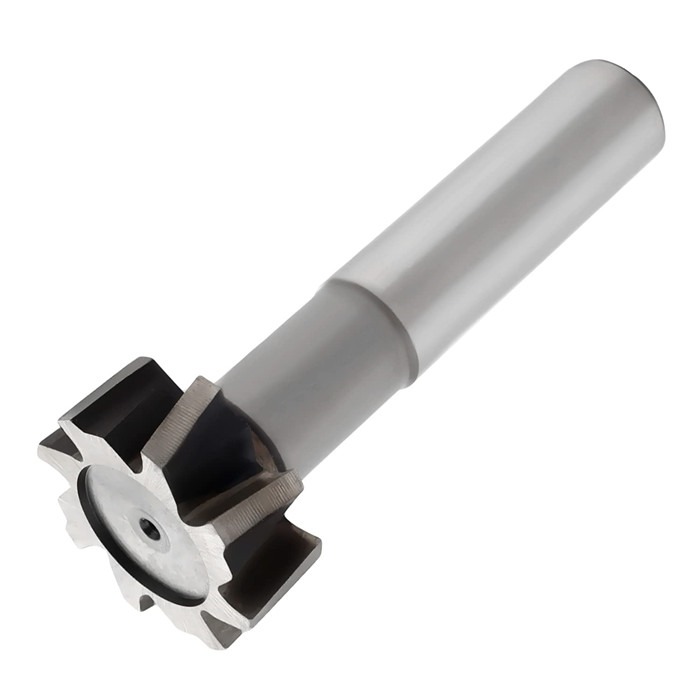 HSS Metric & Inch T Slot End Mill For Industrial
HSS Metric & Inch T Slot End Mill For Industrial







